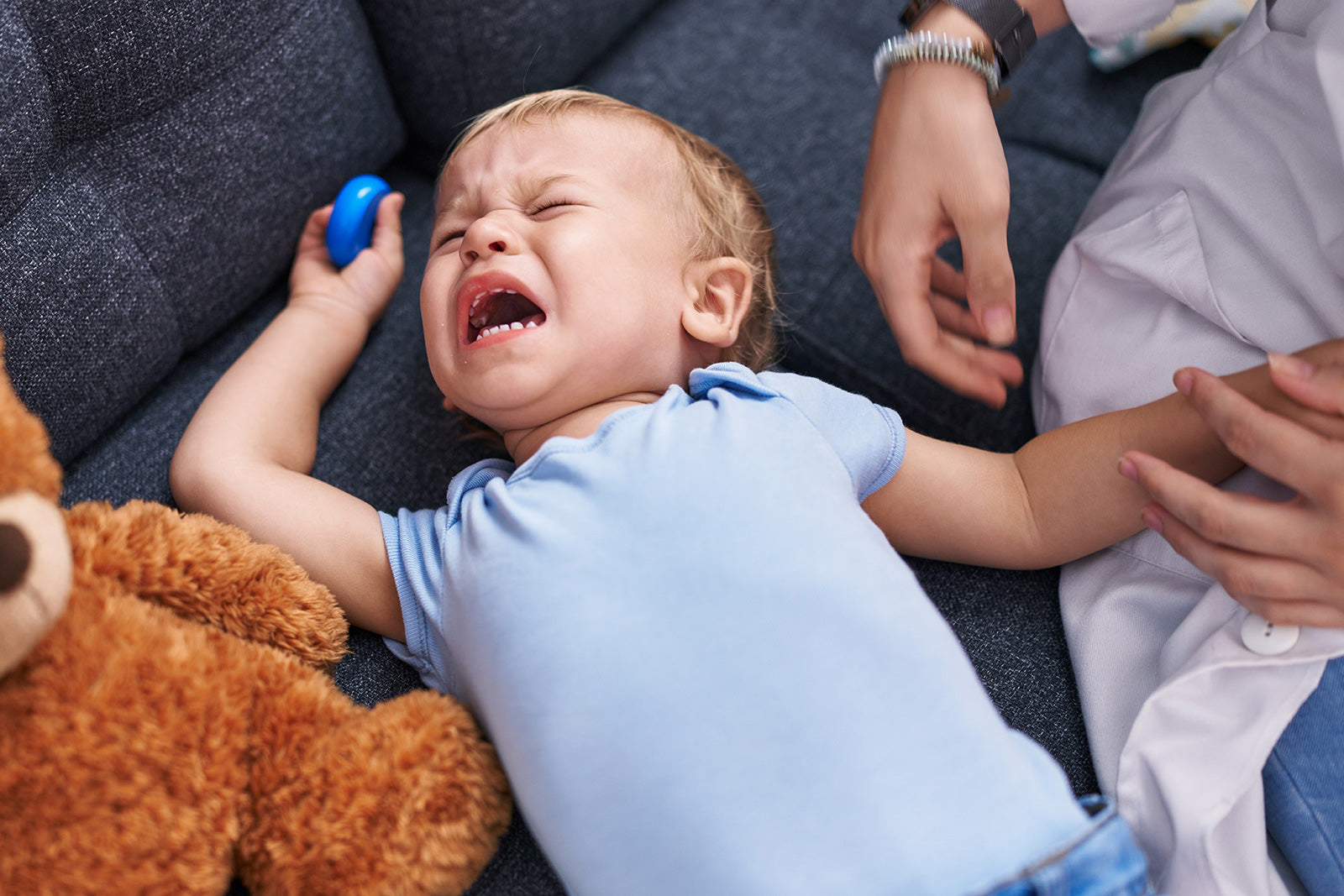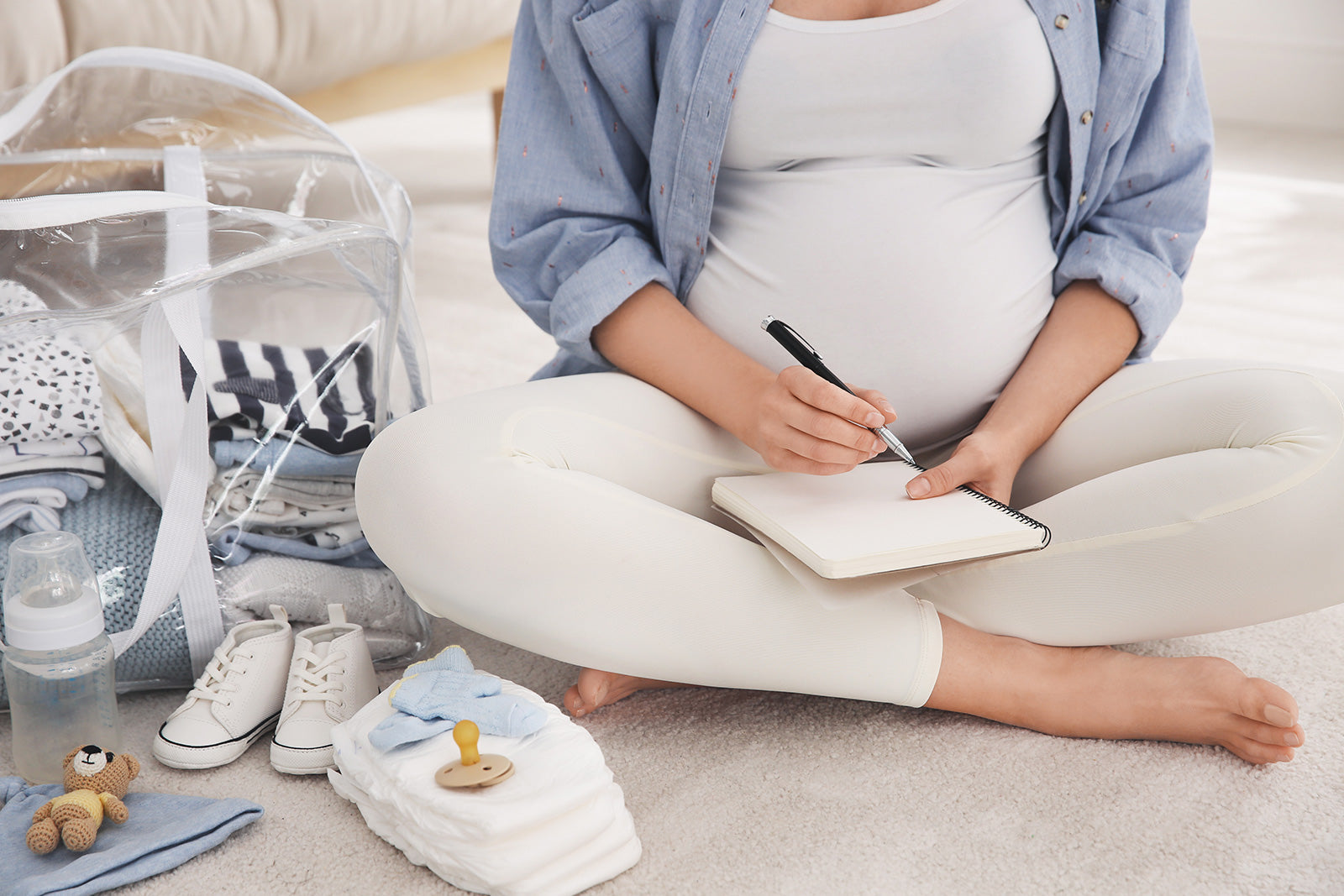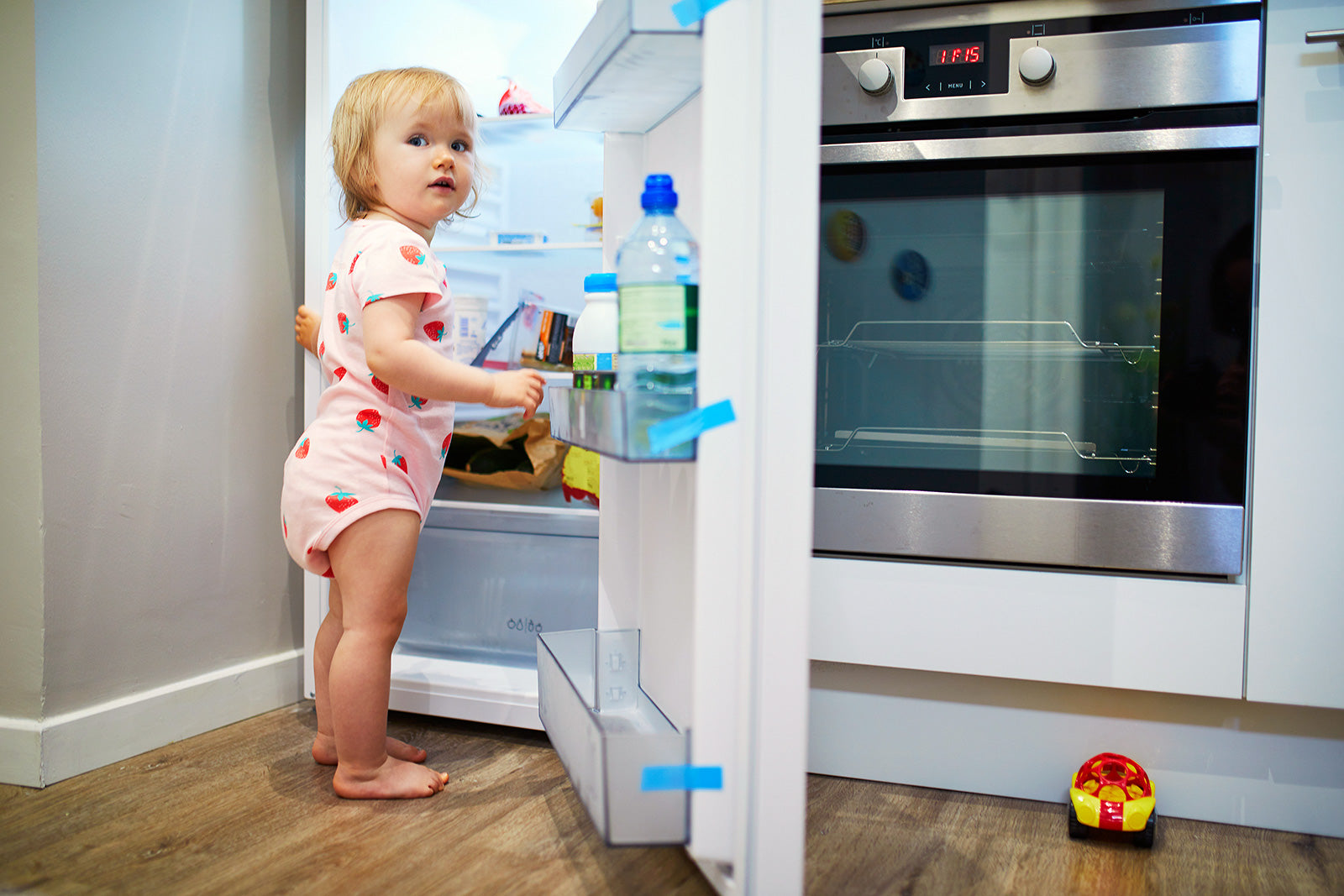How To Be A Calm Parent When Your Child is Upset

One of the biggest jobs in the world is to be a parent. But let’s be honest about it – while it can feel incredibly rewarding, it can also feel like an emotional rollercoaster. This especially goes for those times when your child is upset. Meltdowns over the wrong color cup to tears at bedtime, those moments can leave you questioning your own sanity. Sounds familiar? Of course, it does, we’ve all been there.
But don’t worry – we’re here to tell you that you’re not alone. It takes practice to be a calm parent when your child is upset. You need a lot of patience and a few strategies in your back pocket. So we created this guide. We are happy to help in such situations, especially because we’ve been where you are!
Why Does Your Child Act This Way?
It’s okay to wonder why your child sometimes reacts so loud and dramatic to such small problems. The truth is, their brain is still developing – especially the parts responsible for emotions and impulses. Of course, they don’t know how to react! Young children operate largely from the emotional part of their brain instead of the logical. Because of this, they often feel emotions more intensely. That’s also the reason why they can’t calm themselves down without support.
Their behaviors are also influenced by their limited life experiences. To a baby or toddler, if you take their toy or if they feel tired, this can feel just as terrible as an adult’s bad day at work. Also, children are incredibly sensitive to the environment and your emotions. They may mirror those feelings if they see you stressed, frustrated, or impatient. But on the other hand, they also pick up on calm and reassuring energy. This is when you can make quite an impact as a calm parent.
You need to understand that their actions come from developmental stages, unmet needs, or sensory overload. As parents, you need to approach them with empathy and patience rather than frustration. Recognize that a loud and messy form of communication is still a form of communication. This perspective will help you stay calm and will strengthen your bond. This way, you show your child you’re there for them and will support them through big feelings.
It Matters to Be Calm
When your child is upset, they look up to you for reassurance - even if it doesn’t feel like they do. Being a calm parent can help them and show them that it’s okay to have big feelings.
But let’s face it - staying calm is easier said than done. Just imagine – you’ve barely had some sleep, maybe two hours or so, and you run on reheated coffee. That doesn’t sound good at all.
Here is why it matters to be calm:
- Modeling Emotional Regulation - Kids learn by watching you. When you respond to stress calmly, they pick up on those behaviors and start to mirror them.
- Building Trust and Security - A calm parent helps a child feel safe, even when emotions are running high.
- Improve Communication - When emotions settle, you can connect, listen, and respond.
- Prevent Escalation – If you react with frustration, it can only make the situation worse. Stay calm and don’t spread the fire.
Now, let’s take a look at how to stay calm with your child’s emotions seeming like they’re all over the place.
Strategies to Stay Calm
Take a Deep Breath...or Ten
We’ve all heard it before. The thing is, deep breaths really work. Slow, deep breaths send a signal to your brain that it’s time to become a calm parent. Inhale for four counts, hold for four counts, and exhale for four counts. Repeat until you feel your heartbeat slow down.
Name Your Own Emotions
It’s okay to admit that you are frustrated or overwhelmed. Acknowledge it internally or even out loud (in a calm voice). Saying something will let your child know that you are angry, but you are still there for them, calm, collected, and ready to help them in any way you can.
Lower Your Voice
When there’s a lot of tension, it is easy to start shouting. The thing is, this usually backfires. Instead, try lowering your tone. Speaking softly can actually encourage your child to mirror your calm demeanor.
Get Down to Their Level
Try to physically position yourself to your child’s eye level. This can feel less intimidating to them and help you both feel more connected. Kneel down, make eye contact, and let them know you listen to them.
Use Positive Touch
A gentle touch on the shoulder or a hug can do wonders. This is a perfect way to help calm an upset child. But, if they don’t want any physical contact, just sit somewhere near them. This way, you let them know you’re there.
Pause Before Reacting
It’s easy to jump in with quick reactions when things get heated. Instead, pause for a few seconds. This gives your brain time to shift from reactive mode to becoming a calm parent.
Once the Storm Passes
Once your child has calmed down, try to reinforce the connection and offer comfort. Hug them, talk about what happened, and let them know you love them. This will rebuild trust and will make the next meltdown a little easier to handle.
Reflect Together
If your child is old enough, talk about what happened. Talk about how you both handled it. Ask them questions about how you can avoid this in the future – all of you.
Learn from the Experience
Every meltdown is an opportunity to learn. Notice the triggers and think about ways to avoid or handle them better next time.
Understand Your Child's Behavior
Children often act out or become upset because they lack the vocabulary and emotional regulation skills to express their feelings effectively. From frustration over a toy to fear of a new environment, their reactions are a natural part of their overall development.
It’s not easy to deal with a frustrated child. But, with some practice and patience, you will get the hang of becoming a calm parent.
Remember, you’re not expected to be perfect. Parenting is a process of development for both you and your child. Give yourself the pat on the back you need and know that your calm presence is one of the best things you can give your child.
Keep on reading our blogs for more parenting tips!




